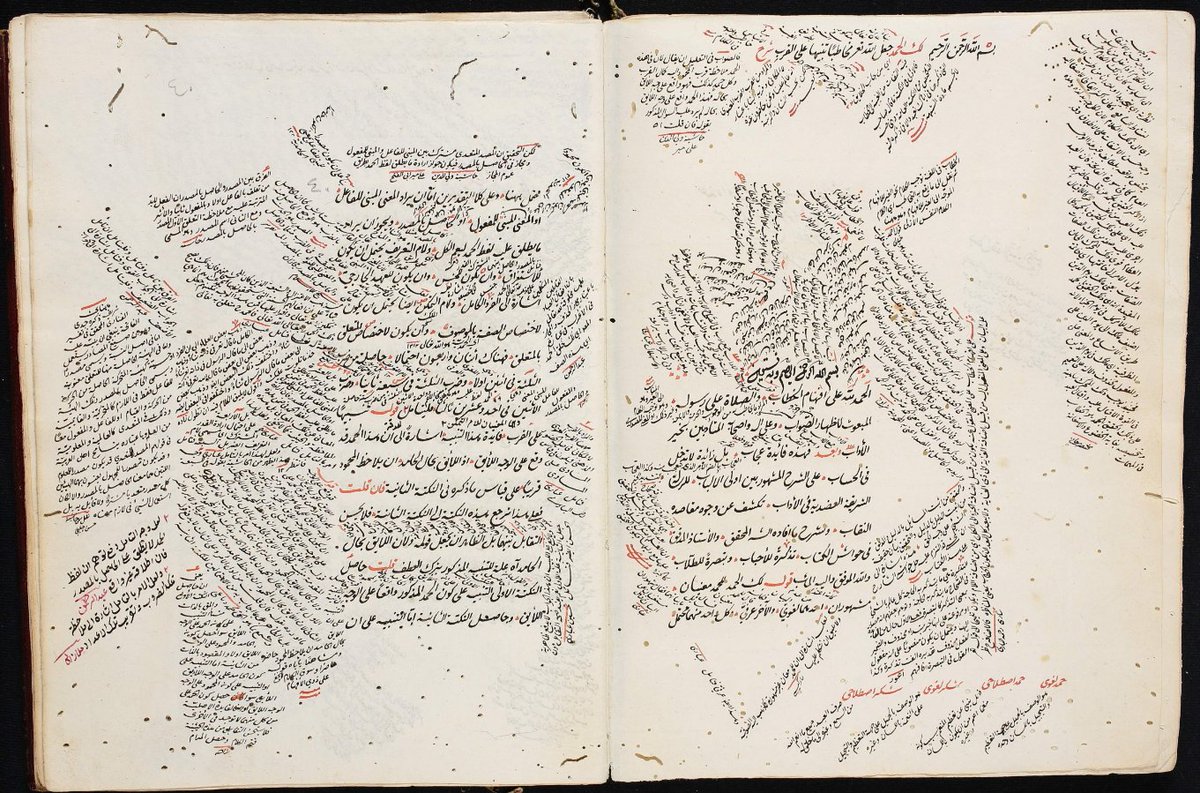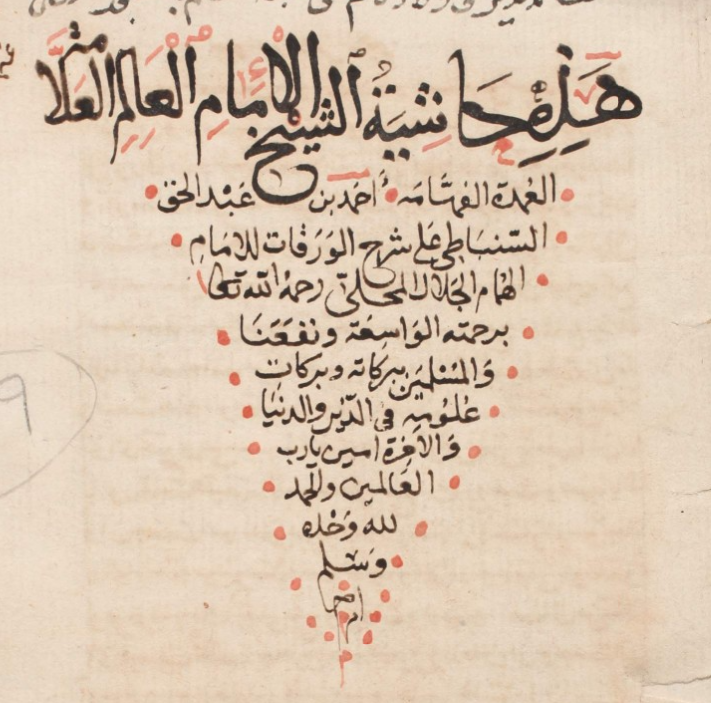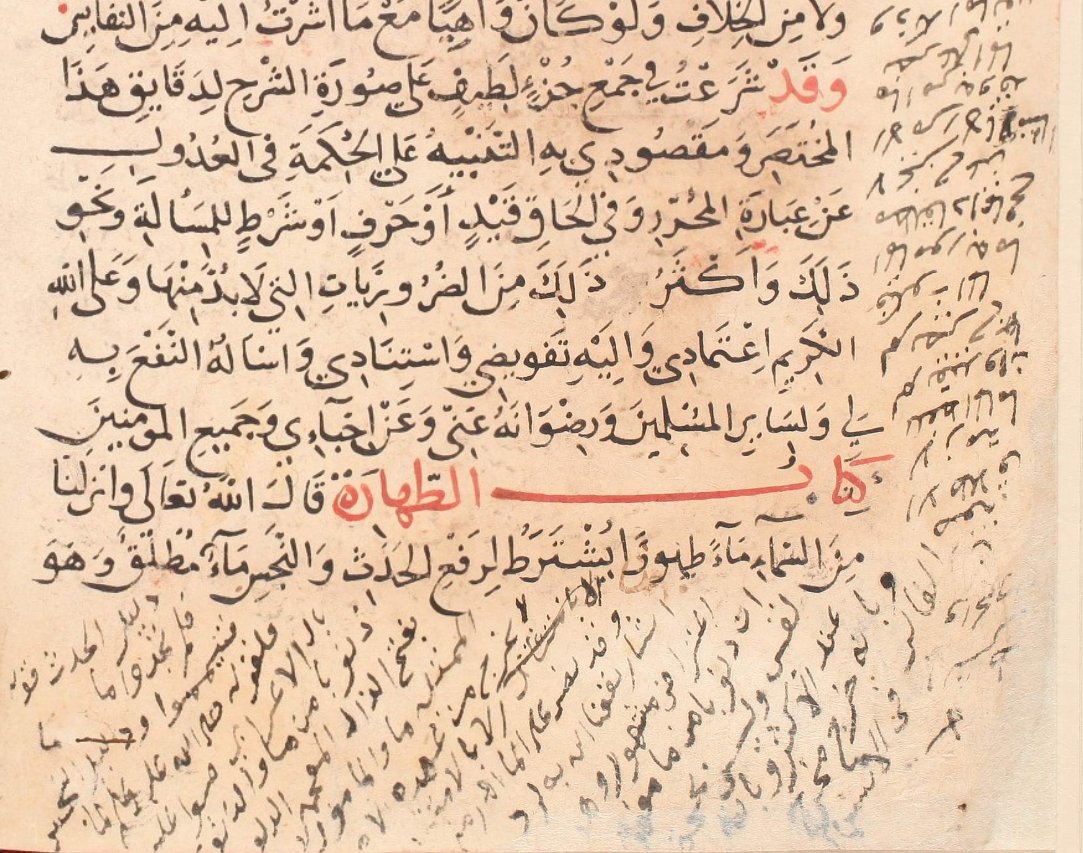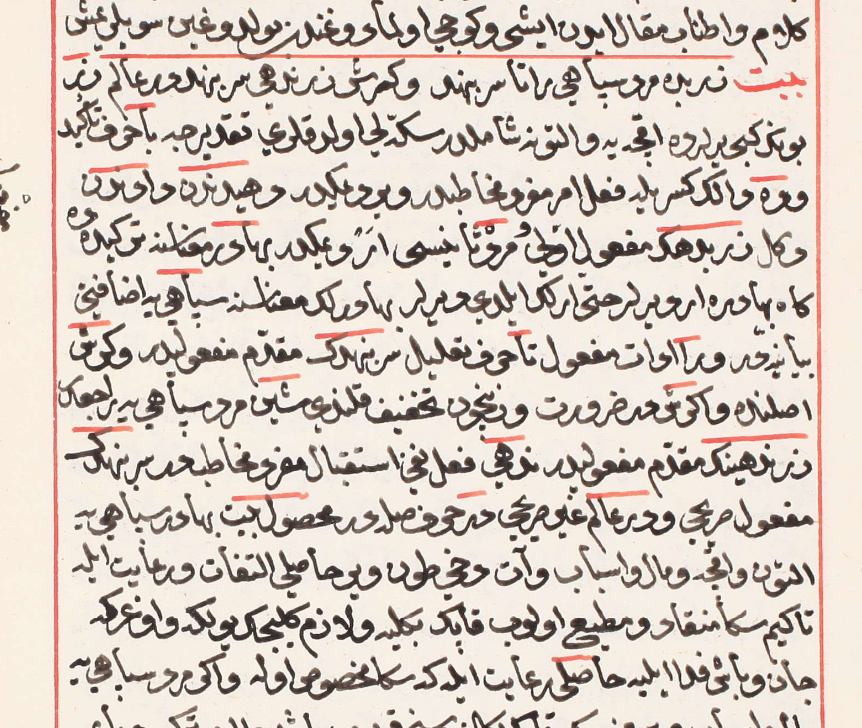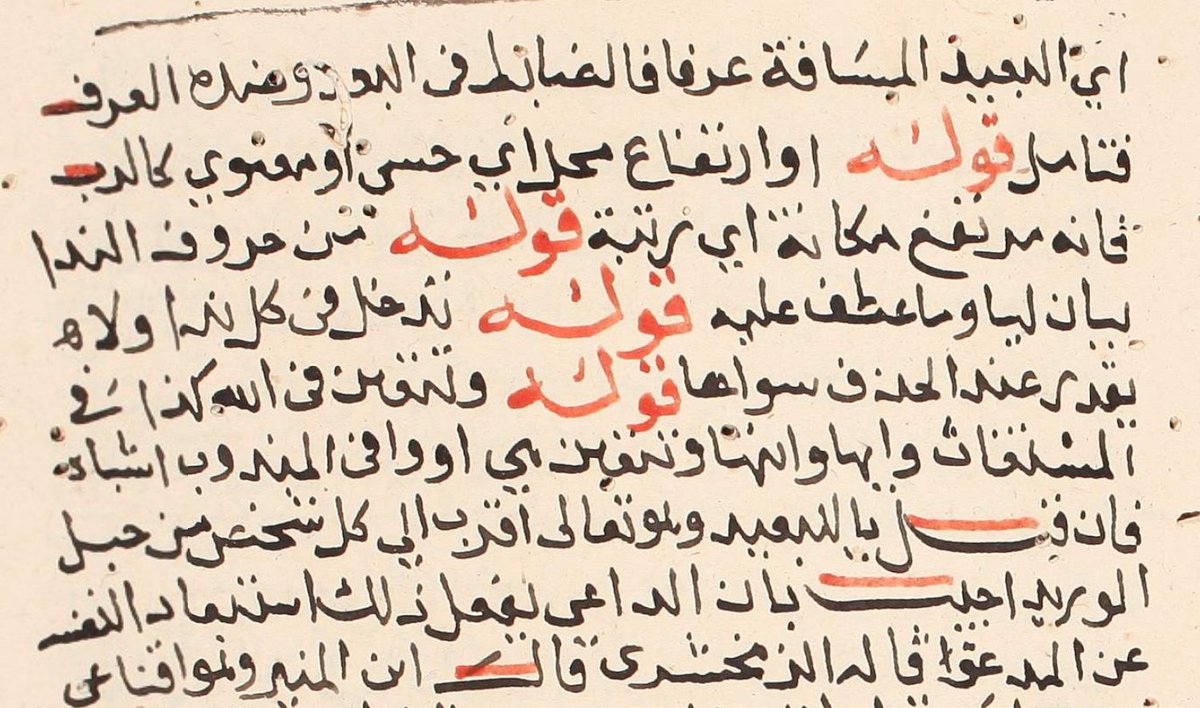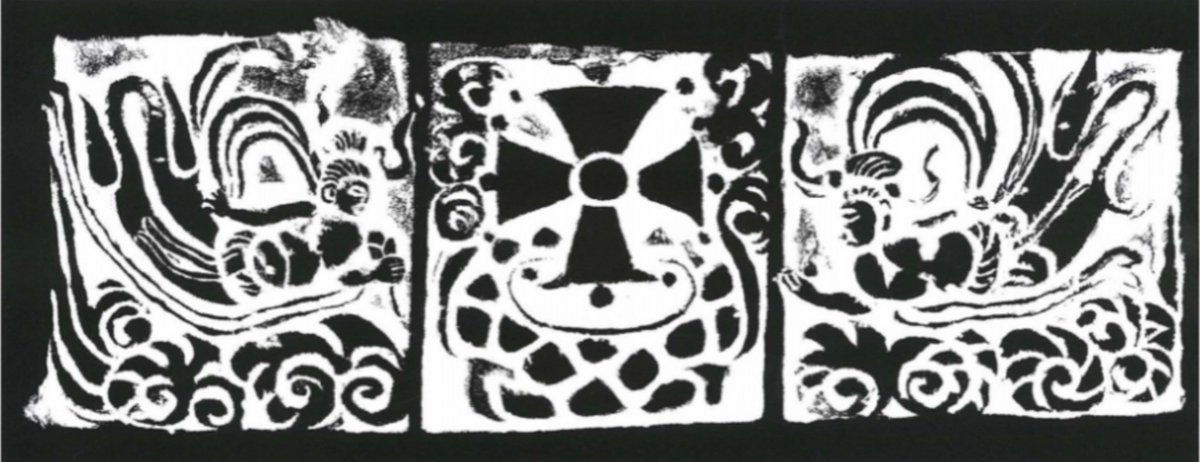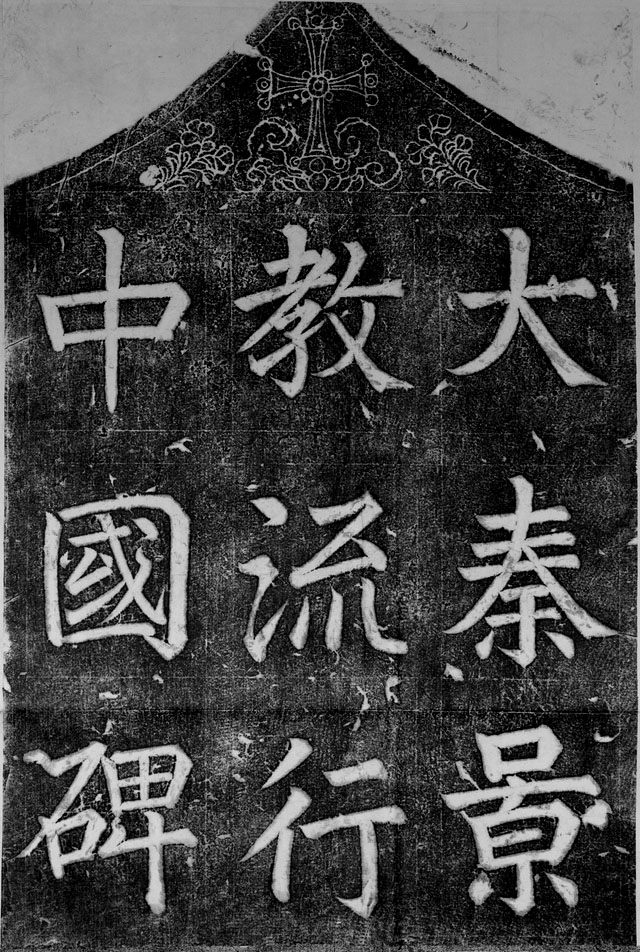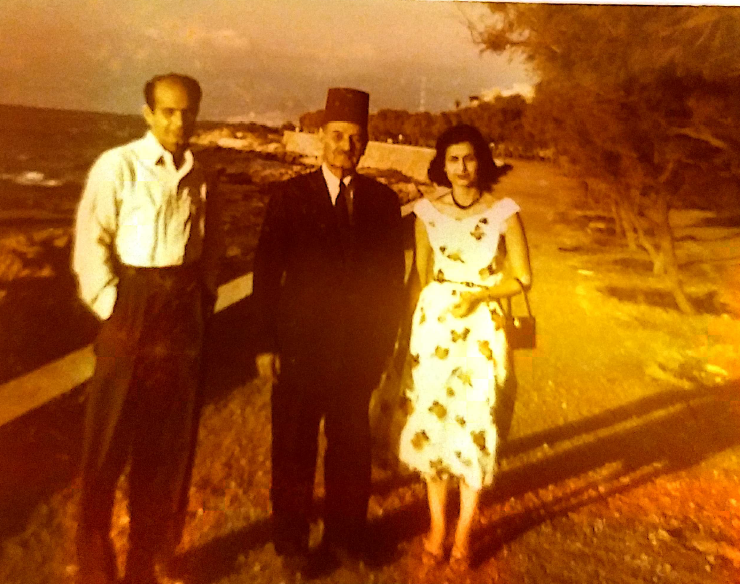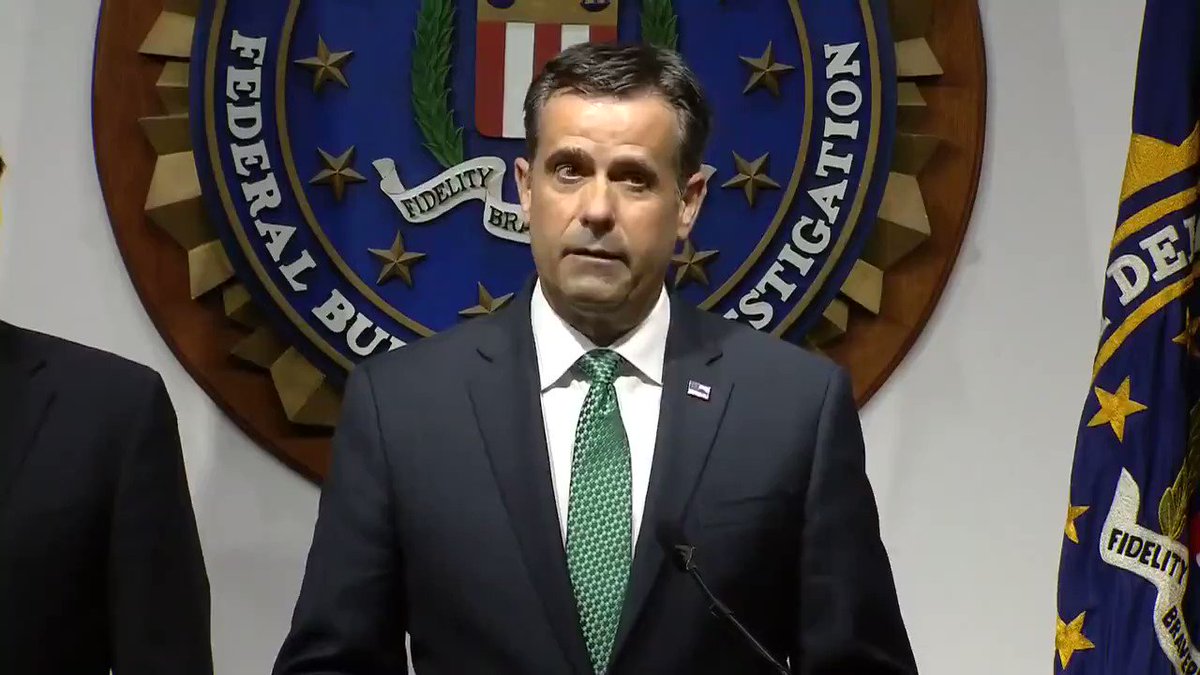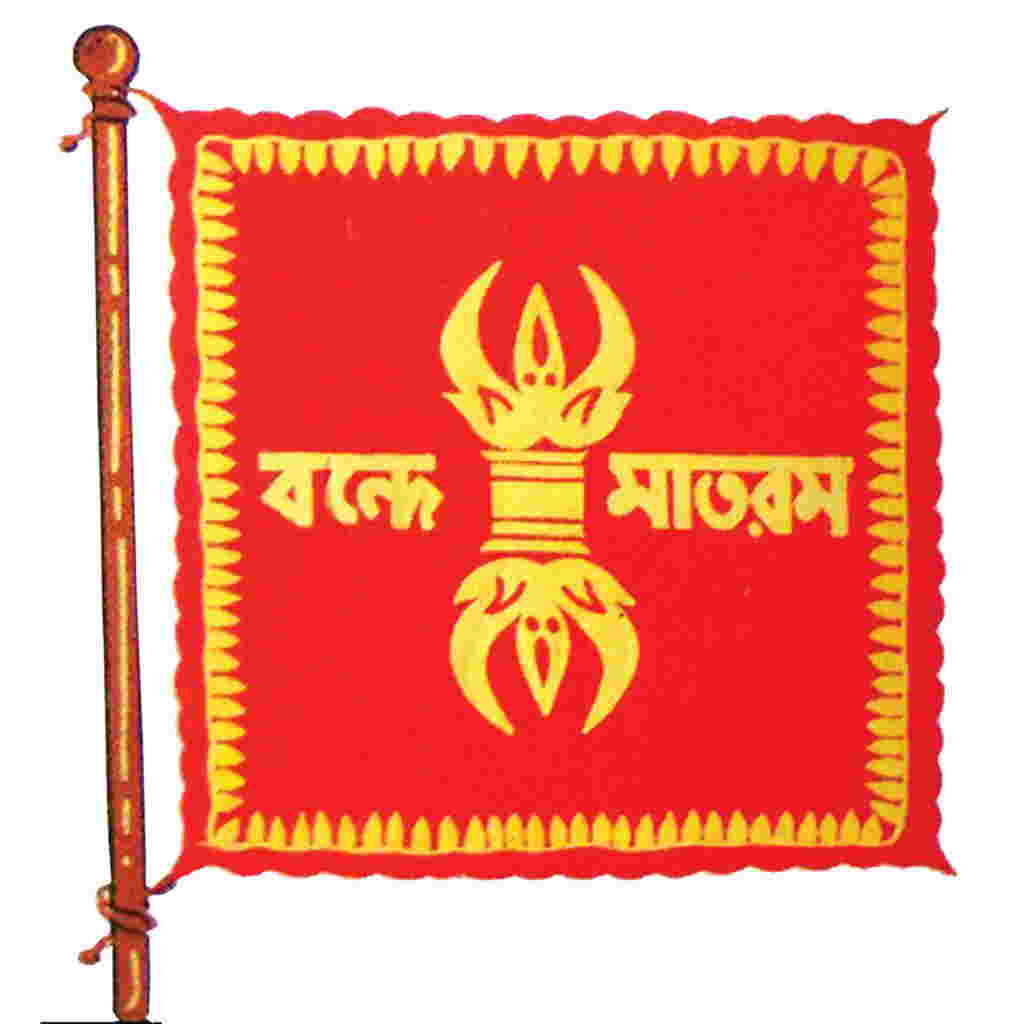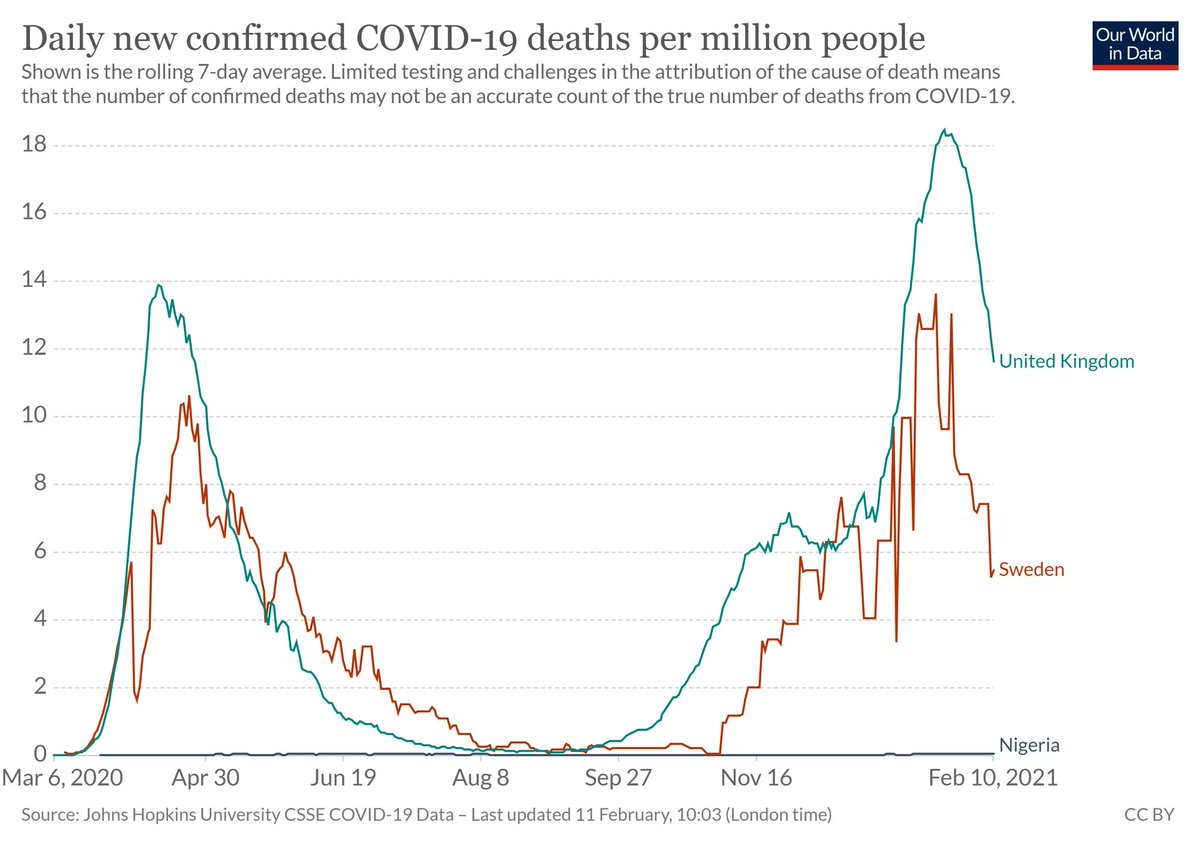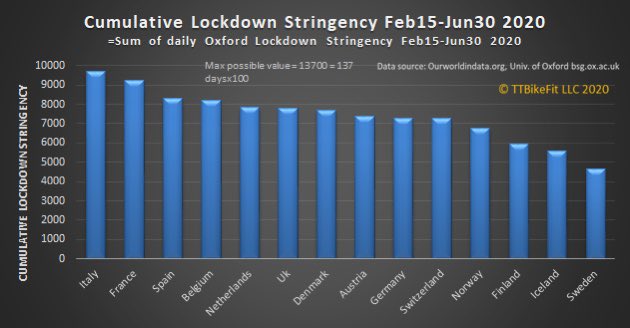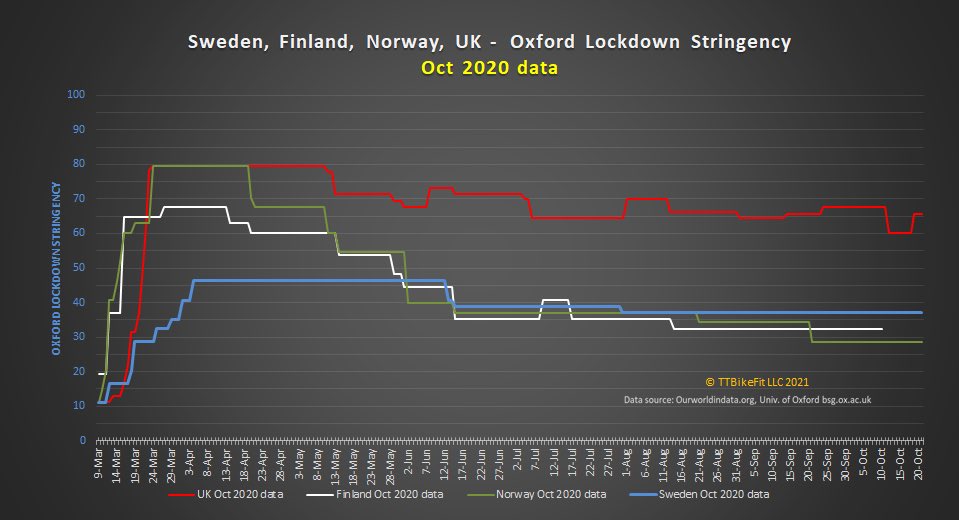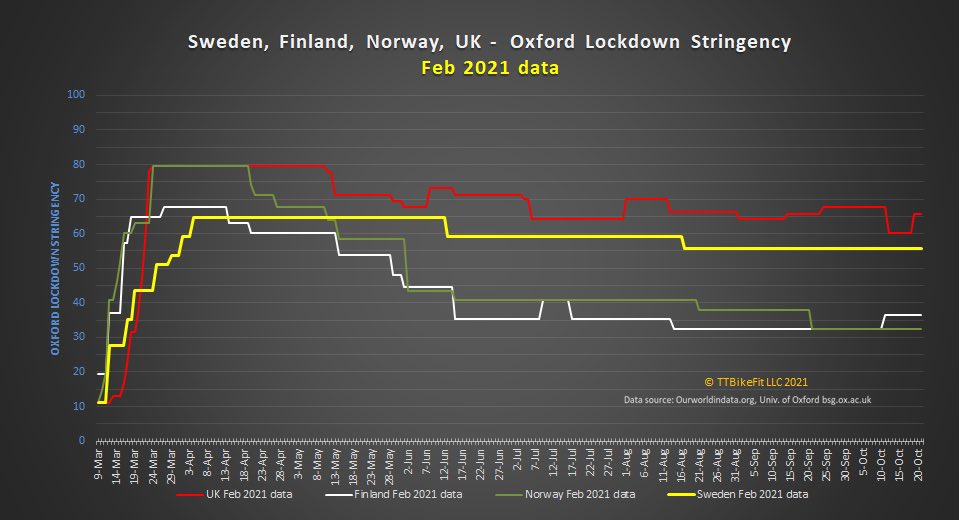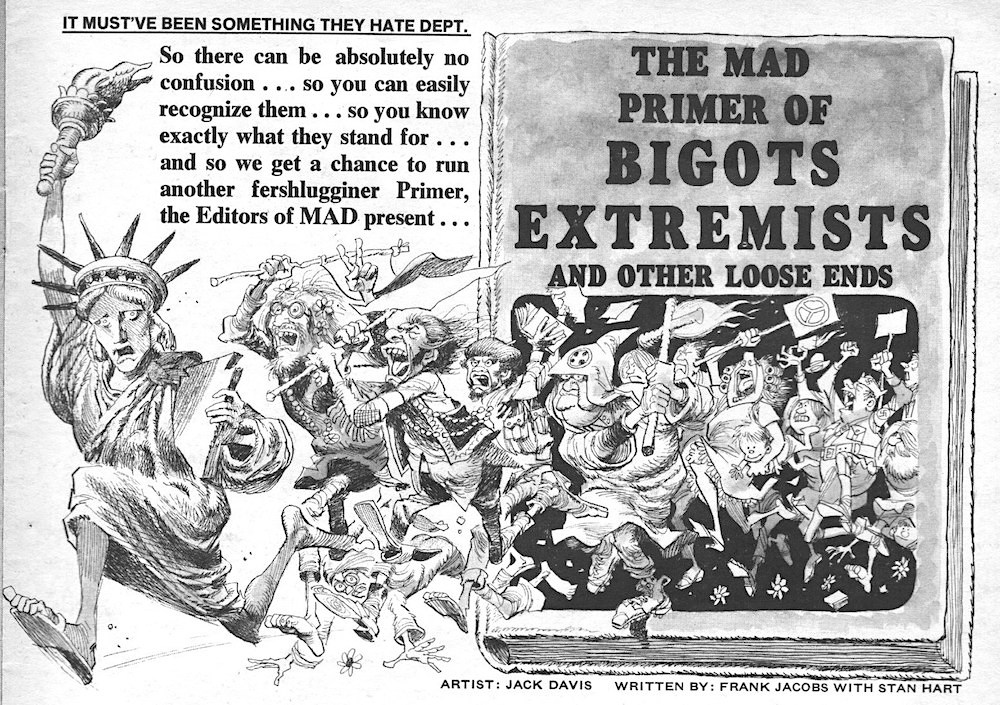
1 So, today we turn to early Islamic Beirut. what do we know of the earliest times of #Beirut under early Islamic rule, starting with the #conquest. How and when did Beirut enter the emerging Muslim empire? -rm
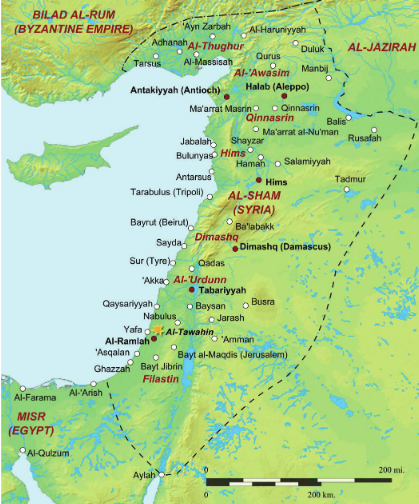

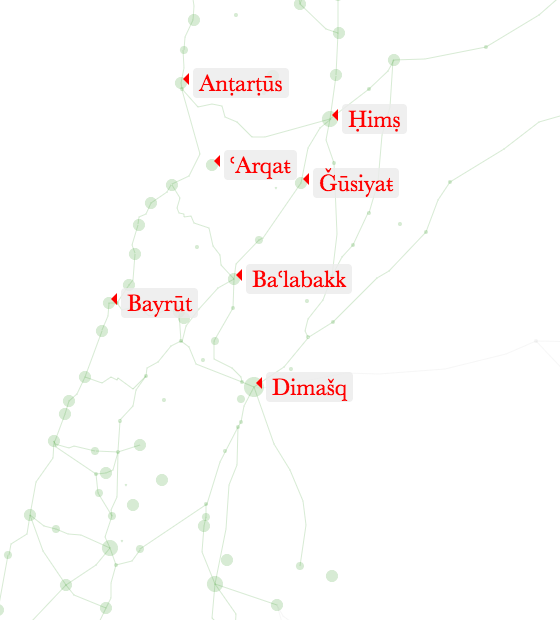
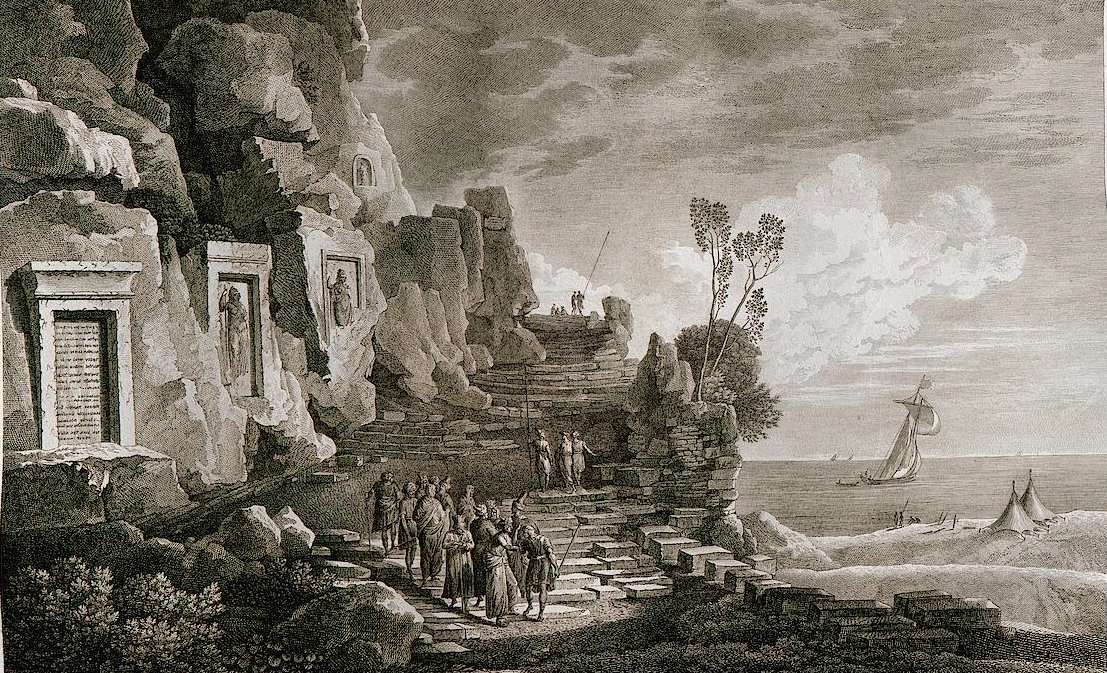
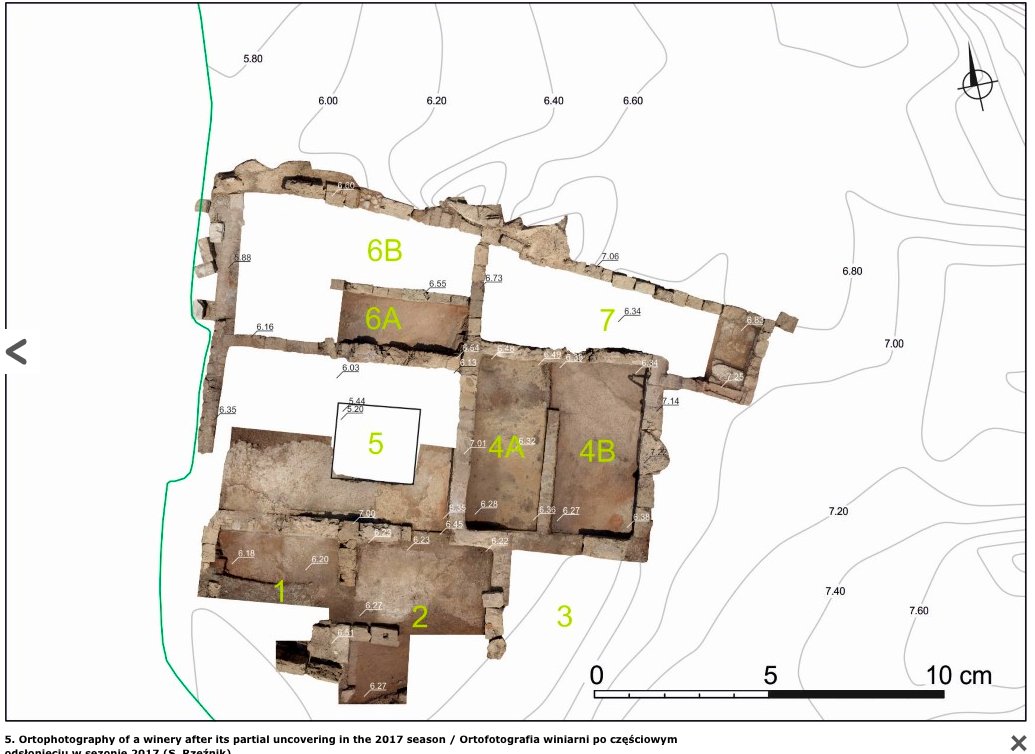
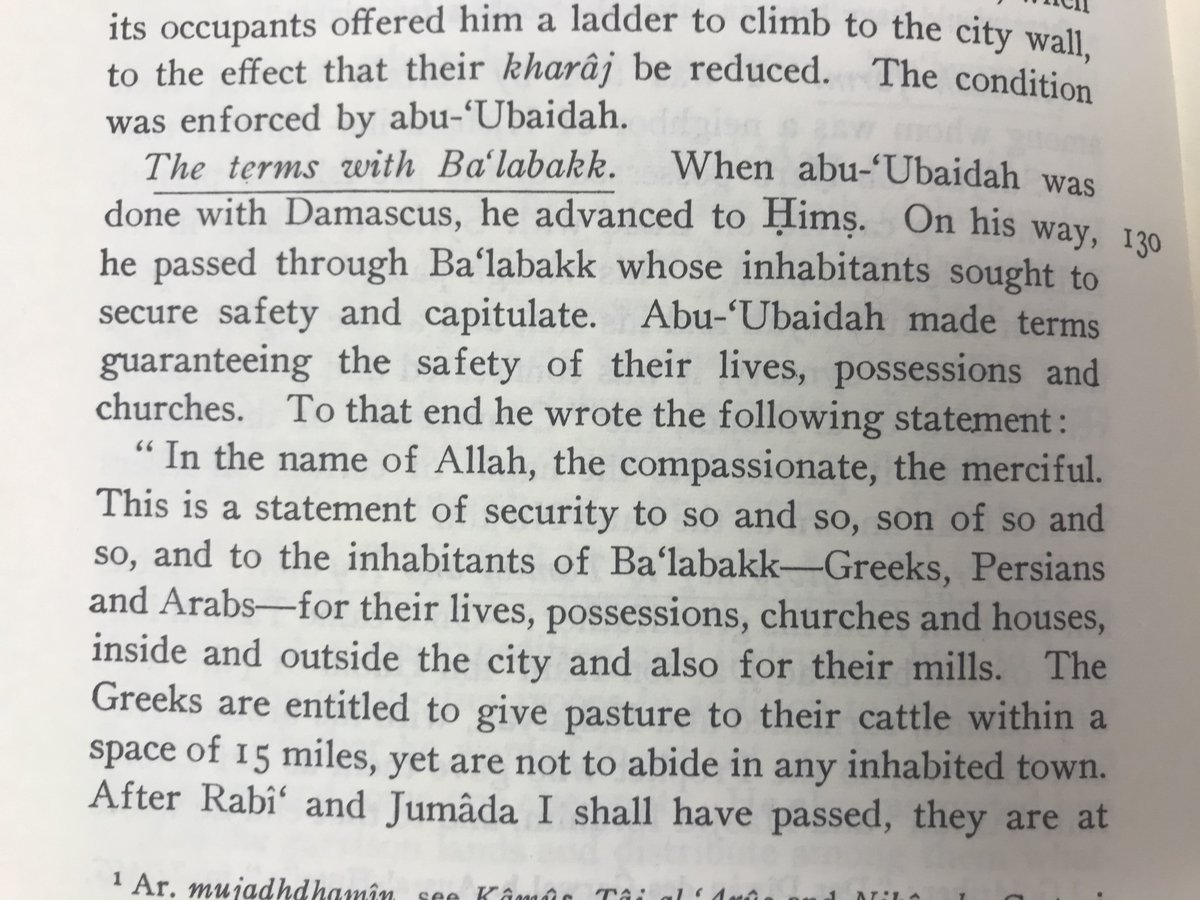
More from Tweeting Historians
I want to talk about the key textual elements you might find in an Islamic manuscript. I'll focus on this manuscript, roughly 18th century, of an Arabic history of the rulers of Egypt called Nuzhat al-nāẓirīn, by Marʻī al-Karmī (d. 1623/4).
Budeiry Library (Jerusalem) MS 593 -jm
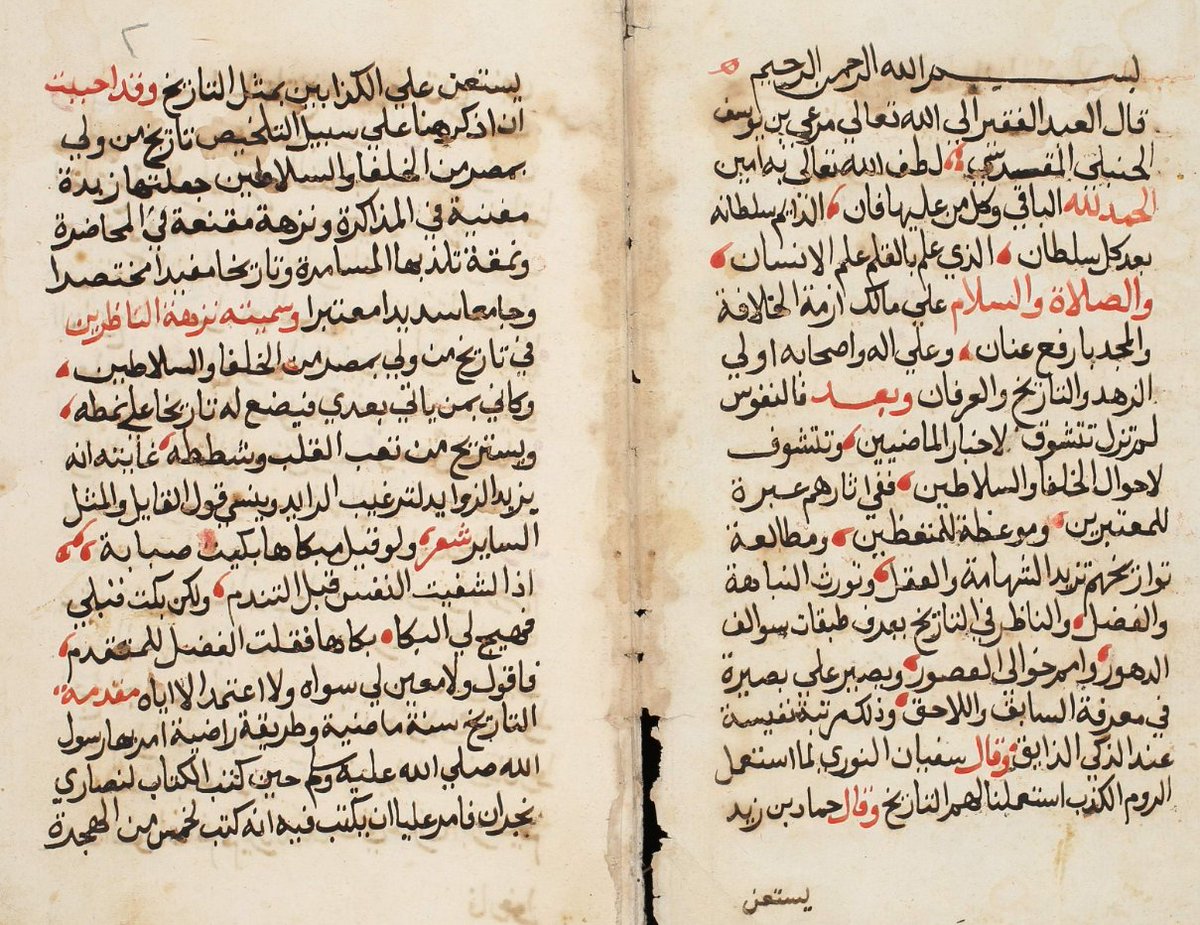
These texts have many elements designed to help the reader understand what they're saying, and choices by the scribe who copied the manuscript often help as well. Let's see what's here. -jm
First, almost every Islamic text begins with the invocation "in the name of God, the compassionate, the merciful." The wording is never changed, and it's always in Arabic, no matter what language the text is, although you might add phrases like "and we ask God for help." -jm
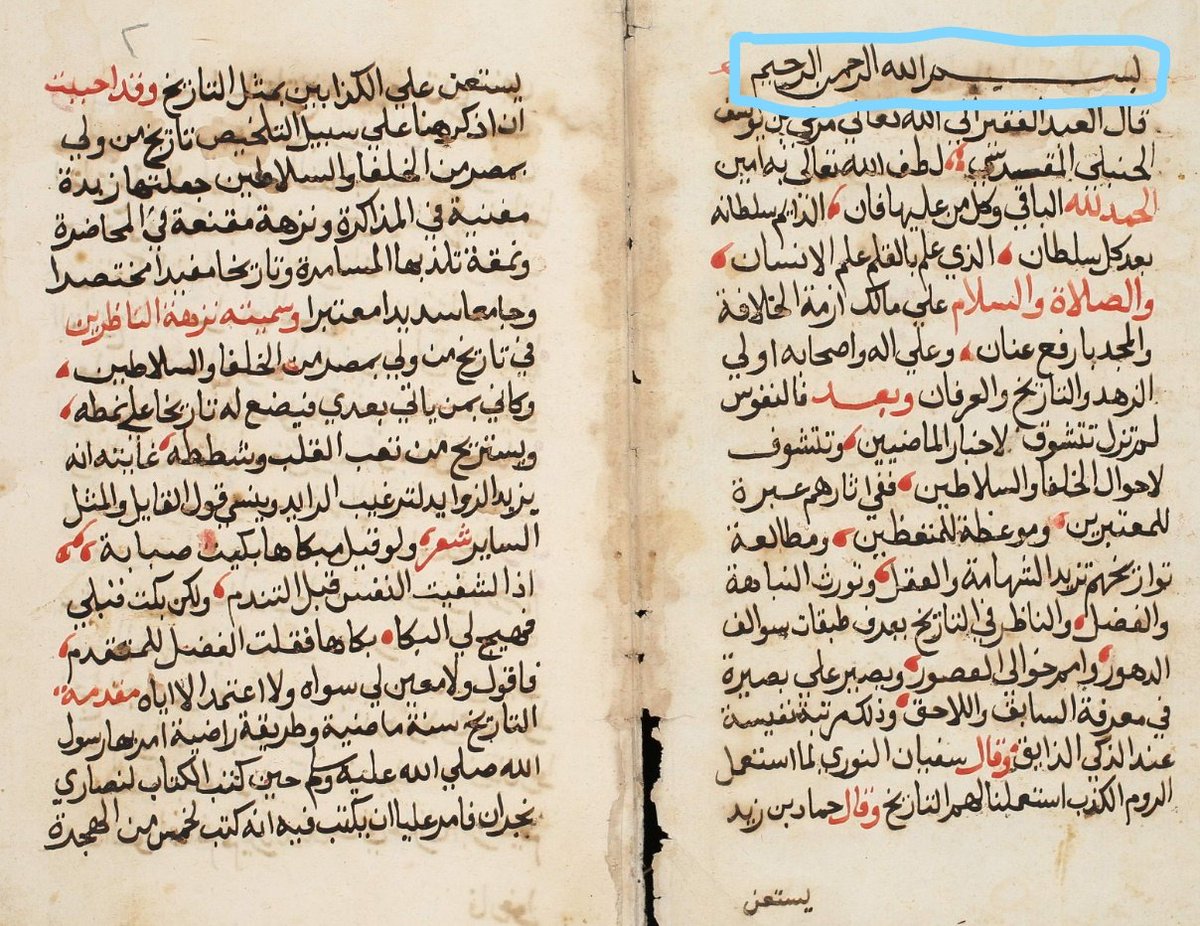
Christians were able to do more experimentation with their invocations, as you can see from the examples here. https://t.co/wEPWRitCWA -jm
After the invocation (basmalah), you might have what this text has, which is an introduction of the author in the form "the poor slave of God [so-and-so] said..." often followed by a quick prayer for the author. -jm
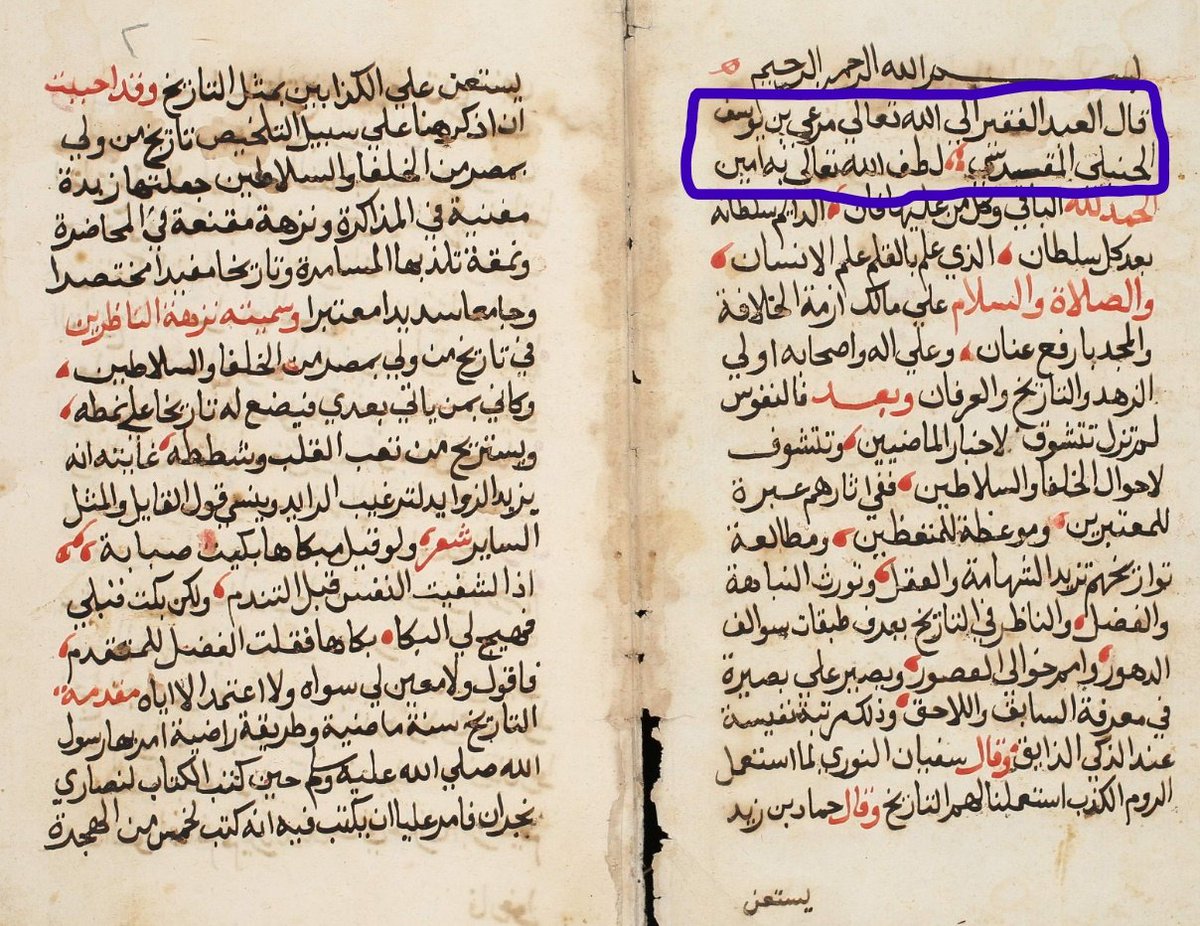
Budeiry Library (Jerusalem) MS 593 -jm

These texts have many elements designed to help the reader understand what they're saying, and choices by the scribe who copied the manuscript often help as well. Let's see what's here. -jm
First, almost every Islamic text begins with the invocation "in the name of God, the compassionate, the merciful." The wording is never changed, and it's always in Arabic, no matter what language the text is, although you might add phrases like "and we ask God for help." -jm

Christians were able to do more experimentation with their invocations, as you can see from the examples here. https://t.co/wEPWRitCWA -jm
These little prayers are fun pic.twitter.com/hJYk2M01bO
— Josh Mugler (@J_mugs) February 16, 2019
After the invocation (basmalah), you might have what this text has, which is an introduction of the author in the form "the poor slave of God [so-and-so] said..." often followed by a quick prayer for the author. -jm

More from World
All the leftists in the comments like oh no prageru made a good point lol
Polls consistently show conservative support for nuclear energy. It also has high support among elites. The myth that it is unpopular in general isn’t true—although it is unpopular in almost every specific case where they need to site it
Article is old but yeah
This study finds that risk & benefit predict individual opinion the most, followed by the share of nuclear energy already extant, followed by ideology (conservatives support more)
This one finds that journalists attitude affect public perceptions, but that energy consultants, nuclear engineers, bureaucrats, and the military show the highest support for nuclear energy
Nuclear energy:
— PragerU (@prageru) February 17, 2021
Safe? \u2705
Clean? \u2705
Efficient? \u2705
Scalable? \u2705
Why is it not receiving more political support?
Polls consistently show conservative support for nuclear energy. It also has high support among elites. The myth that it is unpopular in general isn’t true—although it is unpopular in almost every specific case where they need to site it
Article is old but yeah
This study finds that risk & benefit predict individual opinion the most, followed by the share of nuclear energy already extant, followed by ideology (conservatives support more)
This one finds that journalists attitude affect public perceptions, but that energy consultants, nuclear engineers, bureaucrats, and the military show the highest support for nuclear energy


